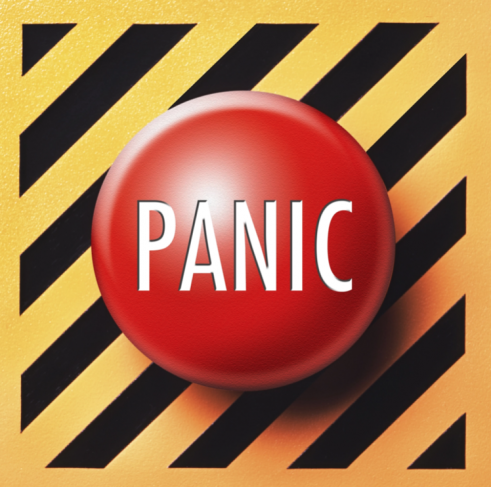They may not seem the same thing admittedly, but what is really what is going on when our finances get out of control if not a sense of panic?
If you are really struggling, which let’s face it is the situation for many now, a trouble shared can often work wonders. The advice of caring friends and family in these situations can be very welcome. However often more information is helpful, and the Money Advice Service contains many links to other sources of support https://www.moneyadviceservice.org.uk.
I was also interested in the recent information session run by The Money Charity (hosted by the Association of Charitable Organisations www.aco.uk.net). The Money Charity considers it a priority to educate yourself about money management which in turn can help you be more resilient.
Despite its name, The Money Charity doesn’t give out any money; it exists to educate people about money. Founded in 1994, until 2013 it was known by the less appealing name Credit Action. It has been advising people for a while, and well before the cost-of-living crisis that we are now all facing. The Money Charity’s aim is that ‘everyone achieves a state of financial well-being’ which doesn’t sound like panic does it? The Money Charity has a range of resources, some of which need to be booked for as a paid service. However, as a charity it is committed to providing a range of free resources.
The tool that I feel is particularly worth a mention is the downloadable The Money Charity’s Money Manual. This is an easy read on managing finances. The reason I am so impressed with this document is the positive nature of its advice. Yes, times are hard and yes there is a stretch on the finances, but this manual encourages you to think more deeply about what you can do to help yourself and to feel on top of things.
It would be disingenuous in the extreme to suggest that merely having a handle on how to budget will solve everyone’s money problems. Of course, it won’t. But this ability, in tandem with instance an understanding of which debts can cause real problems, and those less likely to, can be empowering at a moment when your back is against the wall. Council Tax arrears could eventually lead to a prison sentence for instance, and rent arrears clearly make you more vulnerable to losing your home. On the other hand, according to Martha Lawson from The Money Charity, it isn’t possible to switch off your water supply even if the bill is not paid (not that anyone is advocating doing that obviously). Knowing who are ‘good’ creditors and who are bad is also helpful and The Money Charity has a lot of information on this too. This is practical, day to day information and could, hopefully, make prioritising easier and in turn remove the need for the internal ‘panic button’.
The toolkit, Mental Health and Money Toolkit, provided by the Mental Health and Money Advice service is another valuable resource https://www.mentalhealthandmoneyadvice.org/en/toolkit/. This toolkit is written specifically for those with lived experience of mental health and money difficulties. The toolkit talks you through common situations that can lead to bigger problems as they escalate, such as ‘the avoidance cycle’ when the inability to deal with bills and debts can be particularly detrimental. The toolkit also places a high priority on self-care and how to manage financial anxiety.
In conclusion, there is a lot of valuable and well researched financial advice out there if you need it. Links to all three financial advice organisations mentioned are also available on our website Financial – Dance Professionals Fund (dancefund.org.uk)






